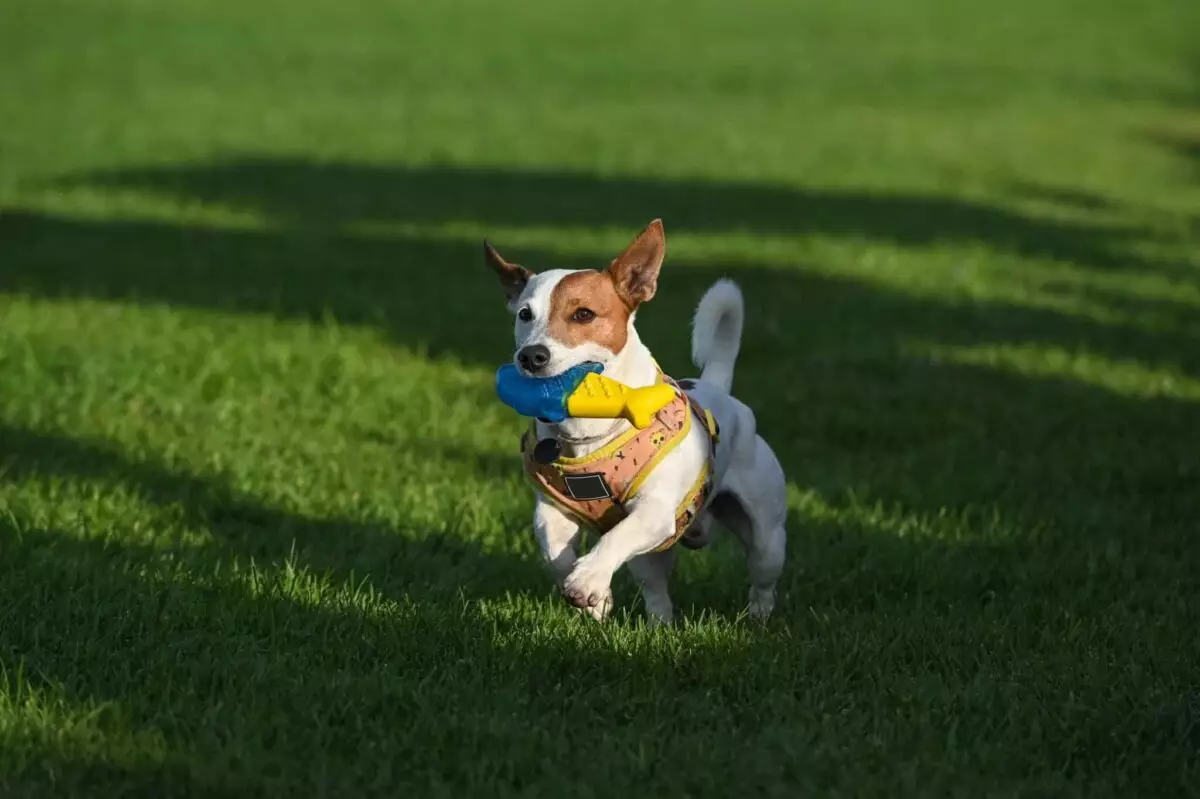Selecting the ideal canine companion can significantly influence the quality of life for seniors. Dogs can bring immense joy and companionship, but their specific needs and characteristics can vary widely between breeds. It is crucial for older adults to choose a breed that complements their lifestyle, physical capabilities, and personal preferences. In this article, we will explore various dog breeds and discuss why some may not be suitable for senior pet owners.
The Importance of Lifestyle Alignment
Before diving into specific breeds, it is vital to understand the importance of compatibility between a dog’s demands and a senior’s lifestyle. Older adults often have different energy levels, mobility issues, and social needs compared to younger dog owners. The right pet should fit seamlessly into their daily routine, promoting a stress-free environment where both the dog and the owner thrive.
It’s worth noting that breeds known for their high energy and exercise needs may pose overwhelming challenges for seniors. Dogs that require extensive physical activity or are prone to hyperactivity can lead to frustration if their needs go unmet. Additionally, dogs with strong temperaments may require firm training, which could be physically and mentally demanding for older adults. Hence, it’s imperative to evaluate each breed’s traits carefully.
Certain breeds tend to be high-energy and can quickly become a handful for seniors. For instance, Siberian Huskies are notorious for their relentless energy and propensity to escape. Their independent nature often requires supervision, and they can present a challenge to train. The same can be said for Border Collies, which, while highly intelligent, demand constant mental engagement. For a senior who enjoys a quieter lifestyle, the prospect of constantly stimulating and exercising a Border Collie may prove daunting.
German Shepherds, although devoted and loyal, also require rigorous training and a high level of physical activity. Their protective instincts may become problematic without proper socialization, making them unsuitable for seniors seeking a calm and easy-going pet. Similarly, Jack Russell Terriers are small but full of energy and require daily exercise to remain happy. Their stubborn nature might make training them frustrating for those who lack experience in dog handling.
Large dog breeds also pose significant challenges. Dogo Argentinos and Akitas, for example, are powerful and commanding, making them difficult to manage for seniors who may struggle physically. Their strong instincts mean they require consistent leadership and extensive training, which may exceed the capabilities of older adults.
Great Danes, despite their gentle demeanor, can be overwhelming due to their size. Their need for care, including routine vet visits and special attention to health issues, might be more than a senior can manage. Furthermore, the physical strength and presence of Cane Corsos may present challenges in terms of control and training.
Notable Mentions: Energy and Traits Matter
Energy levels are not the only factor affecting compatibility; a breed’s temperament also plays a significant role. Many high-energy dogs, such as Boxers and Rottweilers, require substantial physical activity and training, which can be exhausting for seniors. Even breeds that are generally regarded as affectionate might exhibit challenging behaviors without sufficient exercise.
For instance, Vizslas are known for their affection but are also characterized by an energetic nature, demanding regular physical activities that may be taxing for older owners. This sentiment applies equally to the Belgian Malinois, well-regarded for their intelligence and skill; however, their needs for consistent engagement far exceed what many seniors can provide.
When seniors consider adopting a dog, it’s essential to seek out breeds that are known for being gentle, trainable, and less demanding. Smaller breeds, such as Cavalier King Charles Spaniels or Pugs, often lend themselves to companionship by requiring less physical activity while still providing affection and loyalty. Additionally, breeds like Bichon Frises and Shih Tzus can be a wonderful fit due to their manageable grooming requirements and friendly dispositions.
Ultimately, the goal should be to foster an enriching relationship where the chosen dog complements the lifestyle of its owner. Adopting a dog that aligns with the physical and emotional needs of seniors will ensure a fulfilling companionship that enhances the quality of life for both parties.
While dogs bring a wealth of joy and companionship, choosing the right breed for seniors is crucial. By carefully considering energy levels, grooming needs, and temperament, older adults can avoid frustration and establish a loving, lasting bond with their new furry friend.

